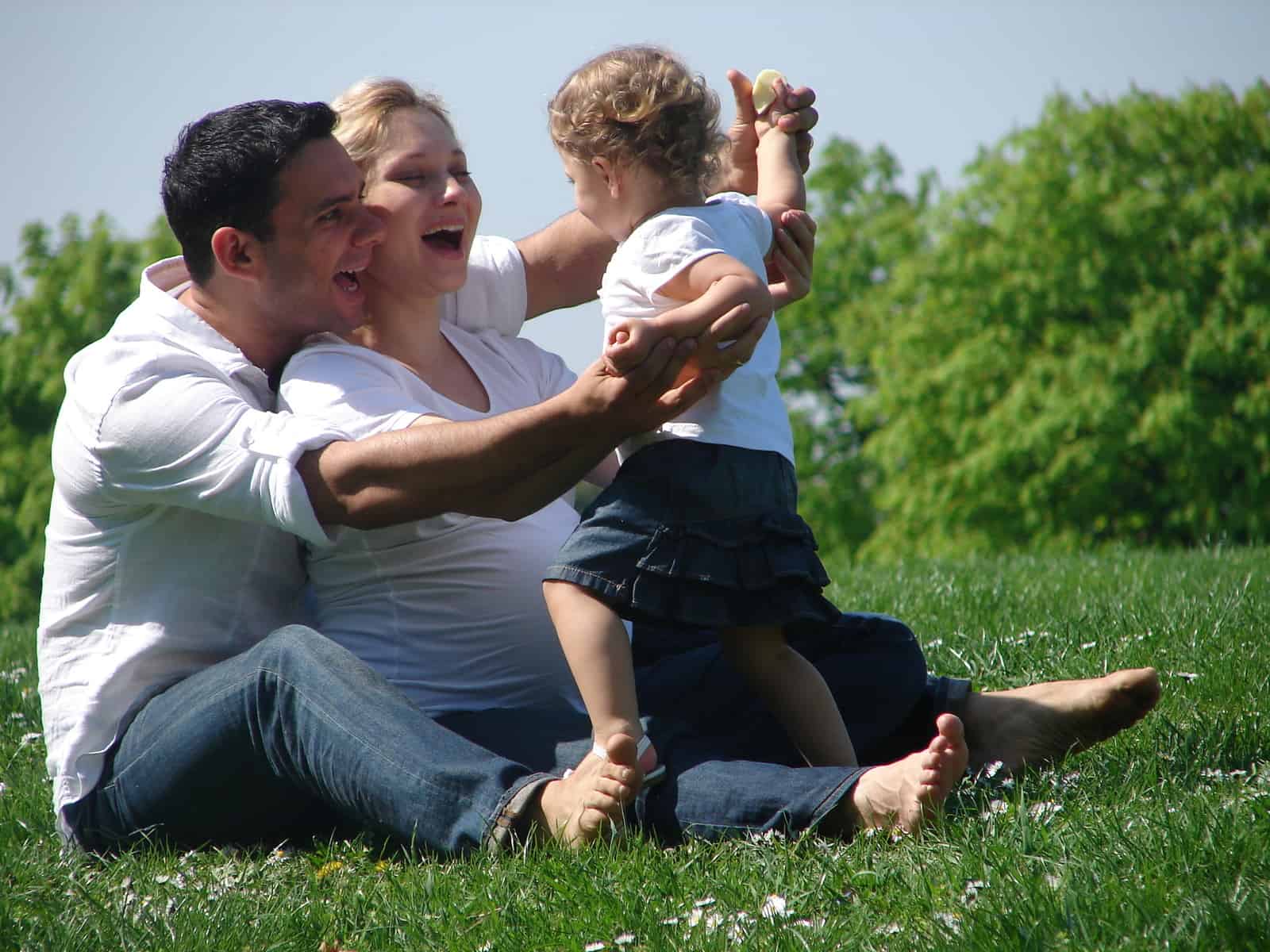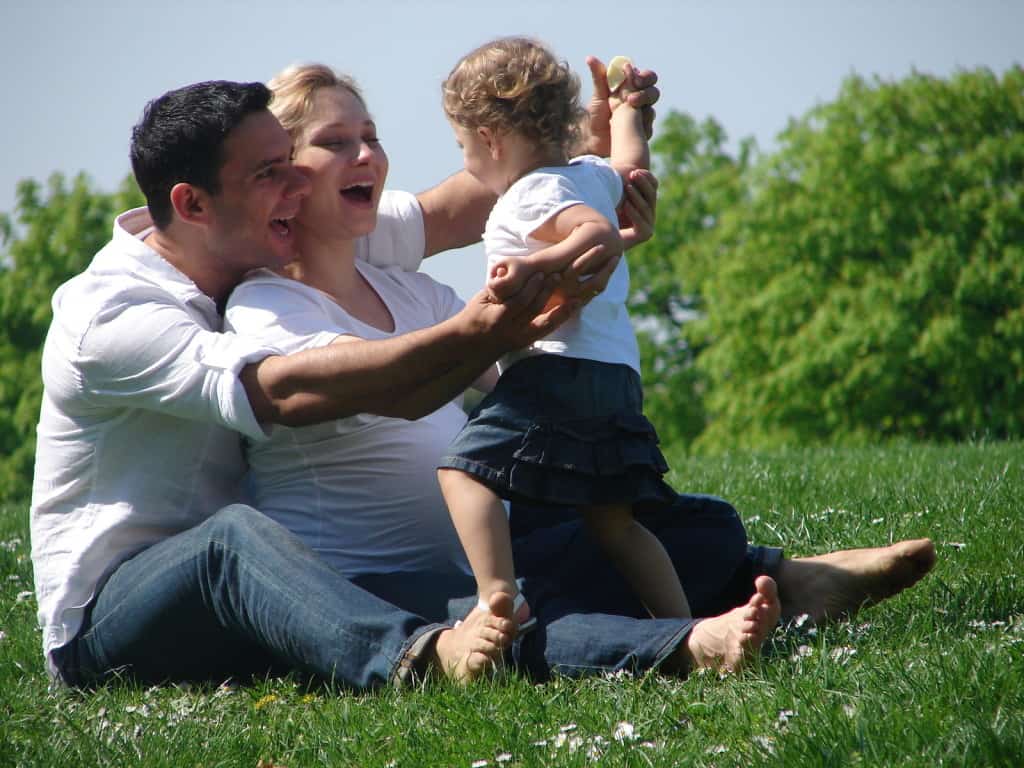Every so often, I get a call from a parent asking if I can help their child. They tell me how they heard I helped another parent’s child, hoping I can do the same for their child. I listen to what the parent believes is wrong. I am also listening to the restriction in the parent.
To steal a line from Gandhi: “Be the change we wish to see.”
We all want to change our kids. We want them to behave, we want them to succeed, and ultimately we want them to be better than we are. Our wants are natural and healthy. What we don’t realize is that the change we want for our children is in the container of the family we create. Here’s the rub: if the container is restrictive, the child will not be free to grow. You wouldn’t plant a maple tree a foot from your house if you want it to grow to its best potential. Unintentionally, we limit how our children can grow by how we constrain their natural growth.
Parents set the container of development
I am the first to say that kids need boundaries. These boundaries grow as a child grows. When your child becomes a teenager he or she will push against whatever boundary you established. It is part of their learning how to be independent, and in relationships, at the same time.
Beyond the obvious boundaries, there are the subtle emotional boundaries in the family. These boundaries are rarely spoken, and virtually never discussed in a co-creational manner.
Five years ago my father died. A year after his death I took my mother to Vancouver, B.C., to visit my sister. As we were walking along the harbor, my mother casually mentioned that my father made one request to her after their wedding: “Never get upset.” My father came from a family that was overly expressive. As the youngest child, he was overwhelmed by all the emotions flying around. Given that, it was natural he didn’t want to recreate his childhood in his new family.
When my mother said that, I had a huge epiphany. My feelings and confusion about expressing my emotions were the direct result of the container my parents agreed to create. My emotional expression couldn’t be any bigger than that container. As kids do, I assumed there was something wrong was me. It never occurred to me that they had a conscious agreement to not fully express. For us kids, our parents’ innocent agreement set up a constant struggle with our emotional expression.
Alice Miller writes how as parents we use our kids to get what we didn’t get as kids. With our best intentions, we attempt to give our children everything we didn’t get. What we often implant is our own limitations. Through direct and often more powerful indirect modeling, our kids learn what how to be in the world. Kids are dependent on us for their survival as well as for love. They will do whatever is necessary for both.
My parents taught me how not to express. Other parents might teach how not to risk. Another might unintentionally teach that success is bad. Where ever we are held back, in some way it will be transferred to our kids. That doesn’t sound good does it?
There is a way out. When we teach, through modeling, how to learn and adapt, our children can build on our limitations to create a better life.
How to model learning and change
If our kids see and hear us own our imperfections and failures, they learn that they don’t need to be bound by what bound us. To admit to our humanity is hard. Showing it to our children is enormous. The power of our vulnerability transforms our kids. We are showing them a way to navigate through the blocks in life.
We shift from our need for perfection to a place of allowing our imperfections to be teachers for our kids.
I have had clients, students and group members over the years relax into their imperfections. They would realize that an occasional disagreement or mistake in front of their children was not going to permanently scar them. And, the kids learn that mistakes are OK. These kids learn that adults can get upset, and the world isn’t destroyed.
How stress takes kids out
When we own and express our emotions in a respectful manner, we speak the unspeakable, taking away its power over us and our children. What we don’t own or speak, our kids will embody.
Kids pick up the subtlest signals unconsciously. Working with clients who are not getting along with their partner, I usually hear that their children are either sick or acting out. Not getting along isn’t a good thing. But acting as if everything is ok – when it is not, over a long period – tells the child that his or her feelings are not valid. The kid knows something isn’t right, but to be told constantly, “no, no-everything’s fine!” would make anyone crazy.
There are industries based on treating the symptom – the mis-behaving child. We use Ritalin to calm them down, therapy to solve it, special boarding schools to heal it, and material goods to appease the feelings.
Experiencing our own stress and feelings starts to allow our children to do the same. When we show them that, even with the fear of what is going on, we can breathe and feel, it sends the message to our kids that they can do the same. Our children’s reality will not be any bigger than ours. If we let go of the false image of what our lives or relationships should be, our children will shift from focusing on performing in a limited box to learning to adapt to the unwanted and unexpected. They learn that their feelings do match the experience. This is a significant advantage in life.
Change is acceptance
When the change we seek is acceptance of our experience, we model a powerful skill for our children. We release the need to do it right or look good for being real. We shift the focus back on us not the behaviors of our children. This can start with the simple mantra of, “what am I feeling? What do I want?”
By giving our feelings space, we create more space for our children to have their experience, which invariably reduces everyone’s stress. We change ourselves and our children change.
Go for it. Practice first being aware of your experience, then begin expressing your experience. Like any skill, it will take repetition, but you will get it. Just last night, a man in one of my men’s groups was ecstatic about a new experience: he told his kids what he really wanted, and they got it. They ended up having a real conversation that, as he said, never would have happened if he hadn’t been real, open and honest FIRST. “Be the change we wish to see.” So simple.


[…] seem to think that if nothing goes wrong for their children, they have done their job right. In this post I write about Alice Miller explaining many years ago how parents’ unfulfilled needs are attempted […]